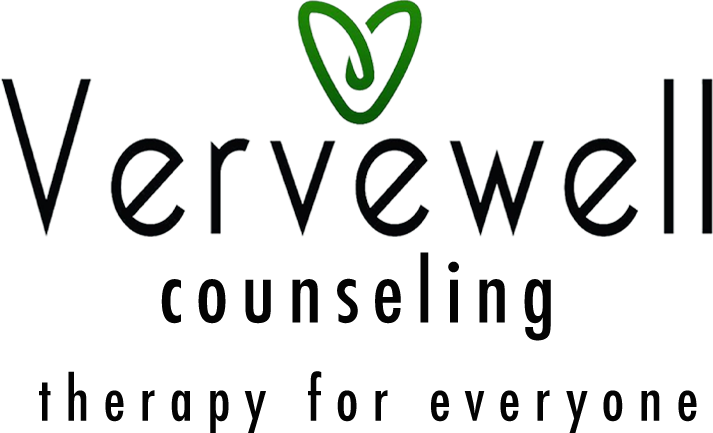The Liberation in Awareness: How Therapy Expands Our Freedom to Choose
Have you ever caught yourself repeating the same destructive pattern in relationships, wondering why you keep choosing partners who hurt you in eerily similar ways? Or found yourself exploding in anger over minor frustrations, only to realize later that your reaction had little to do with the present moment? These experiences point to a truth about human psychology: much of what we call “fate” is actually the unconscious mind running on autopilot.
Carl Jung captured this by saying, “Until you make the unconscious conscious, it will direct your life and you will call it fate.”
Understanding Unconscious Patterns
When we operate from unconscious patterns, we’re following invisible scripts written in our earliest years. The child who learned to please everyone to avoid conflict becomes the adult who can’t say no. The teenager who discovered achievement brought love becomes the workaholic who equates rest with worthlessness.
These patterns operate like default settings, causing us to react to present situations through the lens of past experiences. What feels like bad luck or recurring circumstances may actually be unconscious repetition.
The Deterministic Quality of the Unconscious
Unconscious behaviors are deterministic. When driven by forces we don’t understand, our responses become as predictable as any physical law. We react to triggers, repeat cycles, and find ourselves in familiar situations that seem inevitable.
These patterns connect to larger cultural and family systems. Personal struggles often reflect collective dynamics passed down through generations. The anxious perfectionist doesn’t just carry individual wounds but embodies familial expectations about worth, success, and belonging.
How Awareness Creates Choice
The transformative insight of therapy is this: the moment you become aware of a pattern, you create space for choice. Consciousness interrupts automaticity. When you can see the unconscious script you’ve been following, you’re no longer bound to it.
Consider someone who consistently chooses emotionally unavailable partners. Through therapeutic exploration, they might discover this pattern connects to early experiences with caregivers. Once conscious, they can pause when feeling drawn to someone unavailable. The attraction may persist, but now there’s room for choice.
The Journey from Unconscious to Conscious
The path from unconscious reaction to conscious response is gradual. It involves mapping your internal territory—identifying triggers, recognizing patterns, and understanding their origins. This mapping requires courage to examine the hidden parts of ourselves.
The journey often begins with examining our deeper motivations. When we look closely at automatic behaviors, we frequently discover they serve old masters—seeking approval from absent parents, avoiding abandonments that already occurred, or protecting against threats that no longer exist. The unconscious mind continues running childhood programs long after they’ve outlived their usefulness.
Practical Liberation
This isn’t merely theoretical. The professional who recognizes their self-sabotage pattern can catch themselves before important opportunities. Someone who discovers their workaholism stems from seeking parental approval can separate genuine work goals from emotional needs. The person who realizes they create chaos whenever life feels “too good” can finally allow themselves to experience peace without unconsciously destroying it.
Embracing Your Freedom
The next time you find yourself in a frustratingly familiar situation, pause and consider: What if this isn’t fate but an unconscious pattern seeking recognition?
In that pause lies freedom. Once you see the pattern, you become its author rather than its prisoner. The unconscious directs your life only while it remains hidden. The moment you illuminate it with awareness, you reclaim your power to choose, stepping from unconscious determinism into conscious freedom.
Click here to schedule your session with Blake.
Blake Overstreet, LPC, is a licensed professional therapist at Vervewell Counseling in Fort Worth, TX, specializing in therapy for teenagers (13+), young adults, adults, and couples. Blake empowers clients to deepen emotional resilience, cultivate meaningful relationships, foster personal growth, uncover purpose and meaning, and overcome self-imposed barriers. While operating primarily from a psychodynamic perspective, Blake also offers EMDR (Eye Movement Desensitization and Reprocessing) for individuals dealing with post-traumatic stress. He sees clients in person and via telehealth across Texas.



